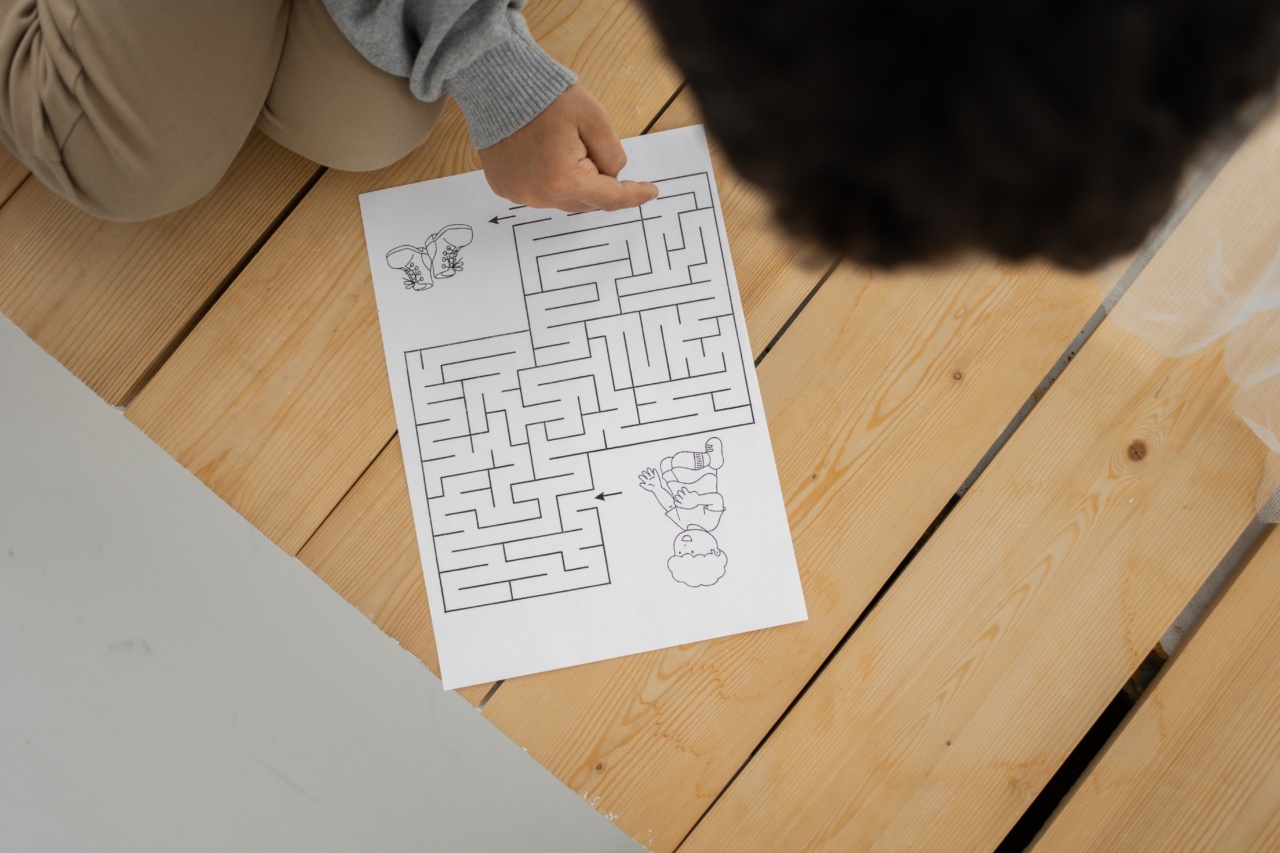The experiences a child has during their early years can have a significant impact on their brain development, and the effects can last a lifetime.
Research has shown that children who experience abuse and neglect are at risk of suffering from developmental delays, cognitive impairments, and social and emotional problems. In this article, we will explore how abuse and neglect can affect a child’s brain development and what can be done to reduce its impact.
What is Abuse and Neglect?
Abuse and neglect are types of maltreatment that can happen to a child in any setting.
Abuse refers to any act that causes harm or injury to a child, whereas neglect is the failure to provide for a child’s basic needs, such as food, shelter, and medical care. The effects of abuse and neglect can vary depending on the severity or duration of the maltreatment and the child’s age and gender.
Childhood Brain Development
The first few years of a child’s life are crucial for brain development. During this period, the brain goes through a process of rapid growth and development, creating connections between neurons that are essential for learning and behavior.
The quality of experiences a child has during this time can affect the structure and function of their brain, which in turn can impact their mental and physical health.
The Impact of Abuse and Neglect on Brain Development
Research has shown that experiencing abuse and neglect during childhood can have a significant impact on the brain’s structure and function.
For example, children who have experienced maltreatment may have a smaller prefrontal cortex, which is responsible for decision-making and regulation of emotions. This can lead to difficulties in regulating emotions and behavior and may increase the risk of mental health problems, such as depression and anxiety.
Abuse and neglect can also impact the development of the hippocampus, a part of the brain responsible for memory and learning.
Children who have experienced maltreatment may have a smaller hippocampus, which can affect their ability to learn, remember, and process information.
Further, abuse and neglect can affect the brain’s stress response system, known as the hypothalamic-pituitary-adrenal (HPA) axis. Children who have experienced maltreatment may have altered levels of cortisol, a hormone released during times of stress.
This can lead to a dysregulated stress response, making it more difficult to cope with future stressors.
Cognitive Impairments
In addition to the structural and functional changes to the brain, abuse and neglect can also lead to cognitive impairments in children.
Research has shown that maltreated children may have deficits in areas such as attention, memory, and executive functioning. These impairments can have long-term effects on academic and occupational success and may contribute to behavioral problems such as impulsivity and aggression.
Social and Emotional Problems
Abuse and neglect can also impact a child’s social and emotional development. Children who have experienced maltreatment may have difficulty forming healthy relationships with others and may struggle with social skills such as empathy and communication.
Further, maltreated children are at increased risk of developing mental health problems such as depression, anxiety, and post-traumatic stress disorder (PTSD).
Reducing the Impact of Abuse and Neglect
The effects of abuse and neglect on brain development can be long-lasting, but there are strategies that can help reduce their impact.
For example, early childhood education programs that support children’s cognitive, social, and emotional development can promote resilience in children who have experienced maltreatment. Additionally, supportive and stable relationships with caring adults can help mitigate the negative effects of abuse and neglect and promote healthy brain development.
Preventing abuse and neglect is the most effective way to reduce its impact on child development.
This includes promoting positive parenting practices, educating parents and caregivers about child development and the effects of maltreatment, and providing resources and support for families in need.
Conclusion
Abuse and neglect can have a significant impact on childhood brain development, leading to structural and functional changes that can affect mental and physical health.
Children who have experienced maltreatment are at increased risk of developmental delays, cognitive impairments, and social and emotional problems. While the effects of abuse and neglect can be long-lasting, there are strategies that can help reduce their impact, such as early childhood education programs and supportive relationships with caring adults.
Preventing abuse and neglect is the most effective way to reduce its impact on child development.































